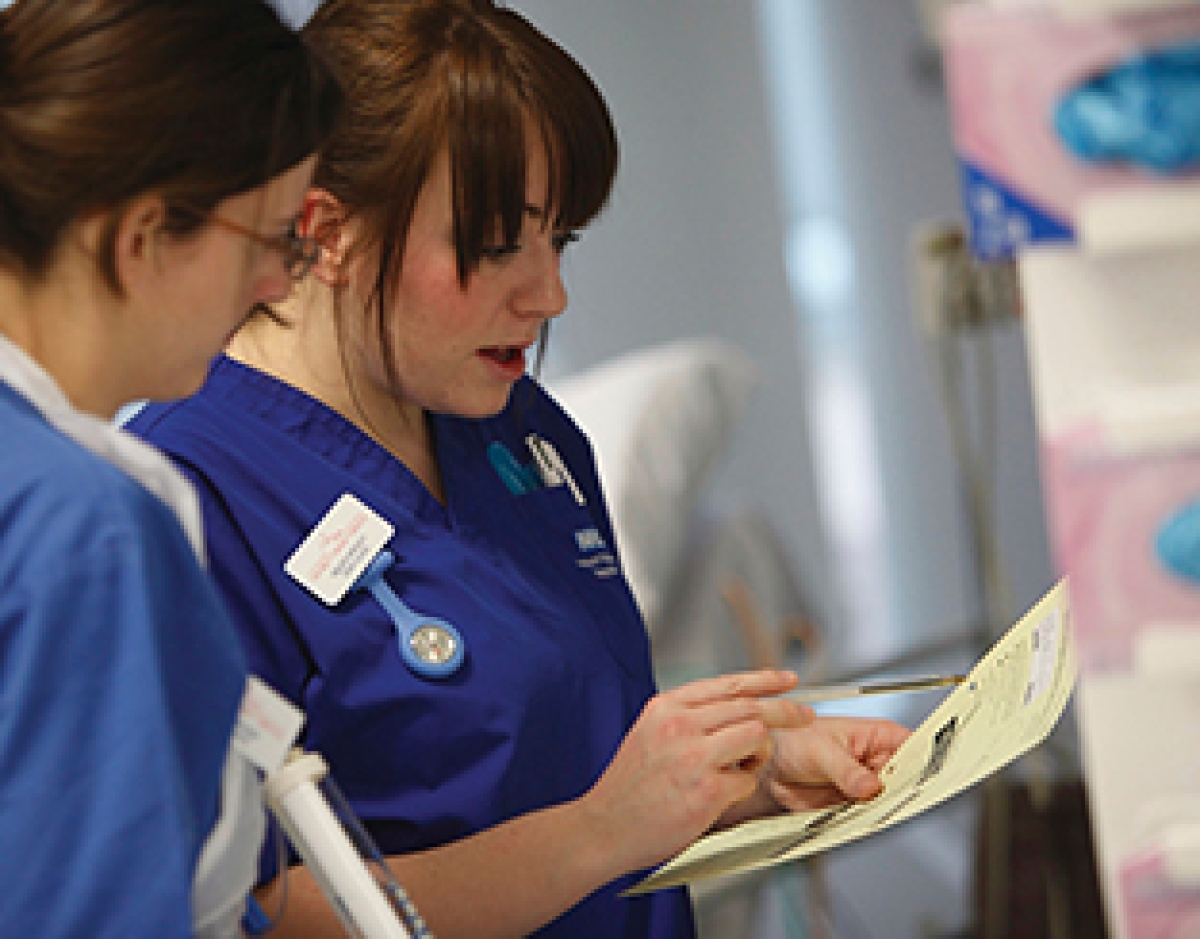
The need for accurate health data underpins every single challenge facing the NHS today. Every choice made by a health economy is dependent on accurate information – commissioners, trust management, clinicians, patients and regulators rely on the data produced by the trust to inform their decisions.
To effectively transform healthcare whilst delivering a safe and efficient NHS, each health economy must ensure the information they base their plans on is fit for its many purposes. Each year at the CHKS Top Hospitals Awards, we recognise the importance of clinical coding and data quality, and the essential role they play in ensuring appropriate patient care and financial reimbursement from commissioners in our national data quality awards for excellence.
At our recent awards event, we celebrated the best performers across England, N.Ireland and Wales based on a range of indicators with separate awards for specialist trusts and independent sector hospitals. These indicators included mean diagnoses per spell, mean procedures per spell, unspecified primary and secondary diagnoses, unspecified procedures, unrecorded comorbidities, chapter specific CCs and signs and symptoms.
What does it mean to be a winner?
Each of our winning organisations recognised that winning an award reflected the dedication and commitment to their staff in working to improve the quality of their data each day, particularly at a time of great upheaval with the implementation of new electronic patient record systems, cited as being just one challenge being faced.
Hear from our winners:
Cambridge University Hospitals NHS Foundation Trust – CHKS Data Quality (England, N.Ireland and Wales) Award 2017:
The Clatterbridge Cancer Centre NHS Foundation Trust - CHKS Data Quality (Specialist) Award 2017:
Spire Healthcare: Roding Hospital - CHKS Data Quality (Independent) Award 2017
You can learn more about the
role of clinical coding and data quality in our forthcoming
CHKS clinical coding and data quality conference 2017 which we are holding on 11 October at the King’s Fund in London.
This year's conference
‘The role of clinical coding in 2018 – supporting transformation, delivering innovation’ will bring together national bodies, professional leads, clinicians, clinical coders, healthcare providers, commissioners and insurers to consider the role of clinical coding and data in a changing NHS and its importance in ensuring it accurately reflects the quality of patient care delivered.
To find out more about the event and to register your place, please visit the
CHKS website.
About CHKS
We have been working with healthcare organisations around the world for over 27 years to improve health service quality, safety and efficiency. Our aim is to provide healthcare information products and services that inform, deliver and sustain improvement – at patient, service, organisation and population level. To find out more visit
www.chks.co.uk or email
info@chks.co.uk.
In our latest blog post we look at how the need for accurate health data underpins every single challenge facing the NHS today. Every choice made by a health economy is dependent on accurate information – commissioners, trust management, clinicians, patients and regulators rely on the data produced by the trust to inform their decisions.
 The need for accurate health data underpins every single challenge facing the NHS today. Every choice made by a health economy is dependent on accurate information – commissioners, trust management, clinicians, patients and regulators rely on the data produced by the trust to inform their decisions.
The need for accurate health data underpins every single challenge facing the NHS today. Every choice made by a health economy is dependent on accurate information – commissioners, trust management, clinicians, patients and regulators rely on the data produced by the trust to inform their decisions.